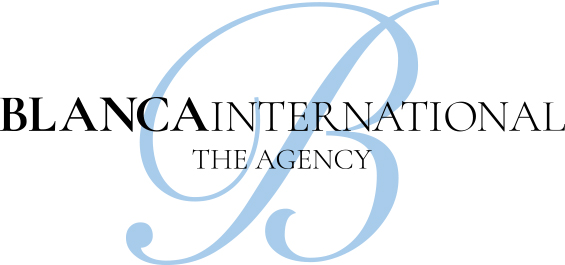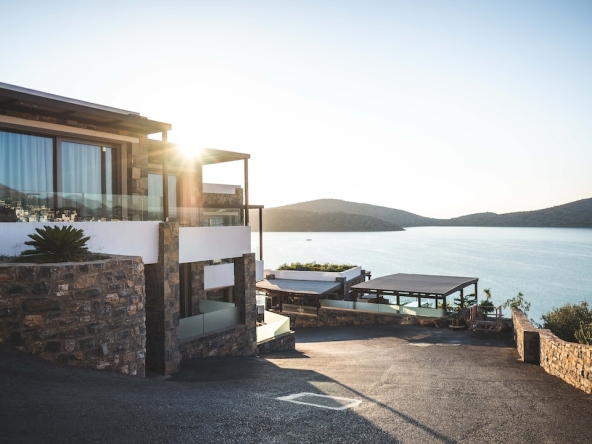Do you need to open or close a bank account in Javea, Spain? Everything you need to know about how to open or close a bank account in Javea. Which bank should you choose, and the right bank for your needs?
When you buy a home in Javea, Spain, you must open a Spanish bank account. It’s necessary for payment of utility bills, and it makes economic sense as well. If you use a Spanish bank for all your Spanish transactions, you will not be charged conversion fees.
Search and find your dream property in Javea

The first thing you need to know about Spanish banks is that they are over 170 banking institutions entities where you can lodge your savings or open a current account. The banks can be classified in two main categories, the bancos and the cajas. At the moment there are about 50 bancos and about 120 cajas.
Choosing the most appropriate bank in Javea for you
Whether it is Sabadell, BBVA, CaixaBank, Bankinter, Santander, Kutxabank, Bankia, Cajamar Caja Rural or any other banks, you should consider many factors before deciding when bank you want to open an account with. Blanca International we will be pleased to assist you in this matter.
Depending on your needs, a smaller size bank that is more locally known might be more suitable than one of the large institutions. The former usually offers a preferential treatment to the most loyal customers, while the larger institutions won’t differentiate from one customer to the other.
Another advantage of smaller size banks is that you see more of their branches or ATMs in regions where they are based.
You may also want to consider opening an account with one of the many foreign banks that has arrived in recent years. These banks will operate both in Spain and other countries.
How to open a bank account in Javea?
Opening an account in Javea is very easy, and in order to open a resident bank account you first need to decide if you want to open the account as a resident or a non-resident of Spain. The only difference between the two is that you don’t have to pay capital gains tax if you open an account as a non-resident of Spain.
To open a resident account, you will need to prove that you are a resident. For locals it suffices with their identity card as it states their local residence address while non-nationals need to present their residency card (NIE) and present it to the bank.
People applying for the non-resident account need to show that you are a non-resident. To obtain such proof, go to the main police office and ask for a certificate of non-residency. This procedure has to be done in person as there is no prefilled form or online procedure. After 10 days, go to the police station to collect the signed certificate.
Otherwise, you can leave the entire procedure to your bank. All you need to do is to sign a form giving them permission to act on your behalf. However, this is a slower procedure that could take up to several weeks.
Every two years, the bank has the duty to reconfirm non-residency status. This means a similar form will be required every two years and you will need to obtain a new certificate from the police or give permission for the bank to carry out action on your behalf.
Types of bank accounts
According to the daily use of the accounts you can choose to open a savings (cuenta de ahorros) or a current account (cuenta corriente).
In a savings account you normally get a better interest rate. This percentage varies and you should monitor it to avoid disappointment in your savings at the end of the year.
The current account is used for your direct debits (domiciliaciones bancarias). The current account would charge a few euros for transactions and cards but could offer deals on the monthly direct debits, such a discount or paying back a percentage up to a certain amount in a year of the money spent through the card payments or from the direct debits.
Banks also offer other types of account for specific purposes such as the mortgage (cuenta hipoteca), fix deposit accounts (cuentas de depósitos a plazo fijo), credit account (cuenta de tarjeta de crédito) or investment accounts (cuenta de fondos de inversión).
People working in Spain can apply for the pay slip account (cuenta nómina) so your employer can pay your salary via the account. Those ac- counts would be less restrictive in terms of withdrawals and would offer savings in credit card costs and transactions.
People under 26 years of age and students can apply for the under 26 account which comes with many deals and discounts such as free credit cards, free subscriptions to a range of teenage magazines, invitations and raffle to events and concerts. This would depend on the bank and you should ask what they offer.
If you qualify for the under 26 account, you need to inform the bank when you are opening the account and provide documentation to verify your condition, such as your student ID card or National ID card as proof of age.
To open a bank account in Javea you’ll typically need the following documents:
Currency
The standard currency in Spanish banks is the euro. There is no minimum amount of money to open an account in euros. You can also open an account in other currencies such as dollars but will probably need to deposit certain money in the account.
Payment methods
Most businesses will allow MasterCard, Visa Electro or Maestro debit cards (tarjeta de débito) as methods of payment.
You can use credit card (tarjeta de crédito) to pay although terms and conditions for credit cards will vary according to your personal situation and the bank. The most common credit card in Spain is Visa card.
Otherwise, you can withdraw money from your own account through cheques or at the branch or office.
Cheques used to be an option of payment for business transactions, although they are no longer used. Most businesses in Spain don’t accept payment by cheque as they do not want the risk of the cheque bouncing. Cheque books are no longer issued automatically in most banks, and you will need to ask for one if you need one.
To transfer funds into your account, you can use cheques or cash at a branch office or through bank transfers from another bank account. You can also deposit cash directly at the cash machine at some banks.
Withdrawing money from a cash machine from a different banking institution will cost you additional charge although some banks have joined networks to waive these costs. The two major networks are ‘Euro6000’ and ‘4B’. Ask your bank if they are part of the networks and learn about the benefits you get from it.
Banking hours and online banking
Traditional bank opening hours have always been: Monday-Friday: 9am-2pm Saturday: 9am-1pm. However, as of October 2009, changes have been implemented in order to address decreasing volumes of transactions due to the global crisis.
Banks such as Santander will close Saturdays and the Kutxa has extended its service hours by 100 minutes from Monday to Friday. Almost all banks offer online banking without you having to request for it. A password will also be given to you.
How to close a bank account in Javea?
Closing a bank account in Javea, Spain isn’t as easy as just withdrawing all the money in a given account and completely blanking out the balances because if you don’t go directly to the bank and have them close it, it may accrue commissions.
If you’re opening up an account or are closing one and thinking about starting up another, make sure you analyse your options and find an alternative that doesn´t charge commissions based on minimum monthly balances or deposits.




